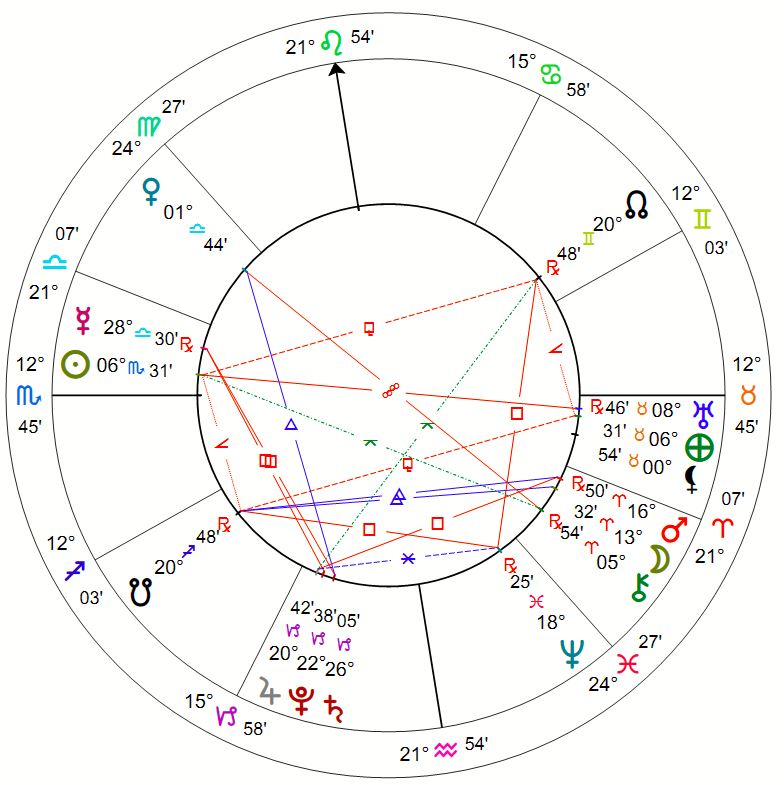Thursday October 29, 2020
– Gibbous Moon Phase – step out, take action, breaking away, expression
– Moon in Aries
– Retrograde Planets: Neptune, Chiron, Uranus, Mars, Mercury
– Best Days (from the Farmer’s Almanac) – October 28th – 29th – Bake, Cut Firewood, Mow to Increase Growth, Dig Holes, Kill Plant Pests
– Gardening tips (from the Farmer’s Almanac) – October28th – 29th – Barren days, do no planting.
– Aspect of the Aeon Sophia: (Wisdom): Kali (The Destroyer of Time), Tara (Goddess who Guides Through Troubles) and Shodashi (Goddess who Fulfills our Highest Desire)
– Aspect of the Aeon Thelete: (Will/Desire): Elias, God of the West, God of Transformation
– Sabian Symbol for the Solar-Lunar Month – New Moon in Leo: “A third wing on the left side of a butterfly” (& An open window and a net curtain blowing into a cornucopia)
– Sabian Symbol for the Solar-Lunar Year: “A Triangle with Wings”
SUN: 7 SCORPIO: Deep sea divers
EARTH: 7 TAURUS: A woman of Samaria comes to draw water from the well
What is random?
